Should You Renew Your Tenant’s Lease?
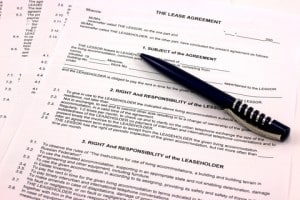
Many landlords believe that long-term leases are the way to keep costs low, while others say that lease renewals prevent market-level rent increases. Keeping the same tenant long-term also can make it harder to keep up with repairs and maintenance.
Your decision whether to renew a lease must take into account a number of factors, including the condition of the property at the time of renewal, the current market rent, vacancy rates in your area, and the number of units you have coming up for renewal.
When making your decision, consider these do’s and don’ts:
Don’t renew a lease on a tenant until you have taken the time to inspect the rental unit. Just because the tenant has paid on time and has never complained doesn’t guarantee the property won’t suffer from another year with this same tenant.
Don’t renew a lease without being familiar with the current market conditions for the property.
Don’t include an “auto-renewal” provision in the lease that allows a so-so tenant to renew for another year.
Do provide for rent increases in your lease agreement.
Do ask the tenant to update the information in the rental application before renewing. Pay special attention to contact information, including emergency contacts.
Do contact your best tenants 60 days prior to the end of the lease to offer lease renewal before the tenants have made the decision to move.
Do keep the property in prime condition throughout the term of the lease. Keep up with maintenance and repairs so the property doesn’t sustain long-term damage.
American Apartment Owners Association offers discounts on products and services for all your property management needs. Find out more at www.joinaaoa.org.




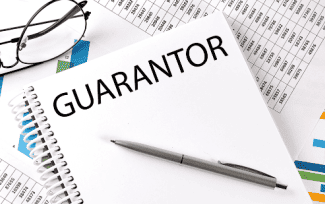
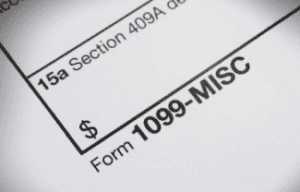
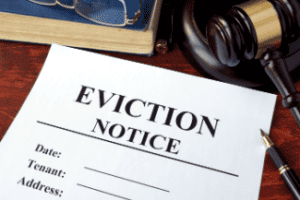
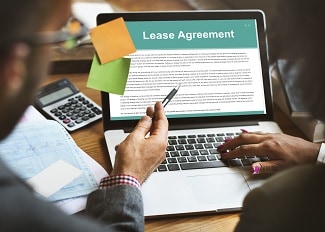
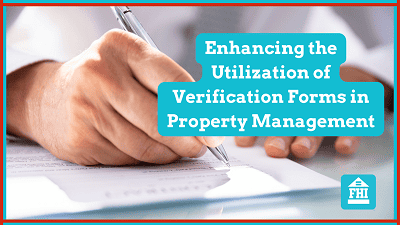






 Accessibility
Accessibility